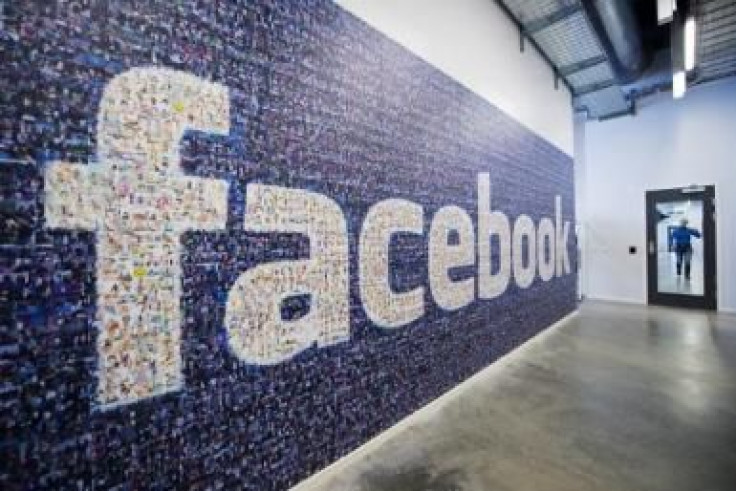Facebook Stock Downgraded? Analyst Predicts Price Drop Over Advertising Concerns

Since going public in 2012, Facebook has been one of the few sure bets among investors. The company’s value has been on a steady rise and it’s one of four technology stocks that make up the high-performing FANG (Facebook, Amazon, Netflix, Google) stock group. But one analyst thinks investors should be more concerned about the social media network’s future performance.
In a recent note to investors, analyst Brian Wieser of Pivotal Research Group gave a sell rating to Facebook shares. Facebook’s recent performance has provided little for investors to be concerned about — its stock price has jumped up around 35 percent within the last year and is currently trading at around $169 per share — but Wieser argues that investors are missing several big concerns.
Read: Three Takeaways From Twitter’s Latest Quarterly Earnings Report
In his note, Wieser said the social networking platform could be impacted by an upswing in regulatory hurdles. As Barron’s notes, the European Union is considering applying more stringent regulations around consumer personal data, which could make pulling information for targeted advertising more difficult.
The European Union has also been more than willing to tussle with tech giants over regulatory concerns. Last week, EU officials hit Google with a record $2.7 billion fine over antitrust concerns and allegations that the company prioritized its own product shopping tool in search results over competing options. The fine also heavily impacted parent company Alphabet, which reported a 28 percent drop in second-quarter profit.
Elsewhere, Wieser argues that Facebook could be negatively impacted by potential negative trends in digital advertising. In his note via CNBC, Wieser argues that the digital ads market has seen inflated growth and that it could potentially see a course correction in the near future.

"We think that the market is looking at upside potential without appropriately considering risks to growth," Wieser said. "With every passing year, digital advertising is closer to a point where the market is saturated."
For Wieser, part of this concern comes from two areas. During an appearance on CNBC, he contended that marketers are becoming more aware of lower engagement rates for ads they place on Facebook. Wieser also mentioned Proctor & Gamble’s recent move to cut its digital advertising budget by $140 million and how the company’s revenue saw no impact from the reduction.
“You have increasing problems with viewability that marketers were mostly not aware of at all last year," Wieser said. “And now they're very aware of [these problems].”
At the moment, Wieser’s call on Facebook has been seen as aggressive in some areas. He’s only one of two analysts who’ve given the company a sell rating and Facebook is coming off a second-quarter period where it brought in $8 billion in mobile ad revenue. Wieser also gave Facebook a $140 end-of-year target for its stock.
Read: What’s Really Killing Digital Media: The Tyranny Of The Impression
But among Facebook and other companies, their recent moves have reflected a growing concern that traditional digital advertising models are reaching their limits. In Twitter’s second-quarter filing, the company an 8 percent year-over-year drop in ad revenue with $489 million for the quarter.
For Facebook, it’s also the latest company to invest heavily in video in a bid to increase user engagement and take advantage of video advertising rates. Much like Snapchat and Twitter, Facebook has made significant plans to launch original TV-like video programming and make video a more central part of its user experience.
This expanded video programming schedule is expected to take advantage of similar growth in the digital video advertising market. According to a report from the Interactive Advertising Bureau, ad spending on digital video is expected to hit $11.7 billion in 2017 and jump to $16.7 billion by 2020.
© Copyright IBTimes 2024. All rights reserved.











